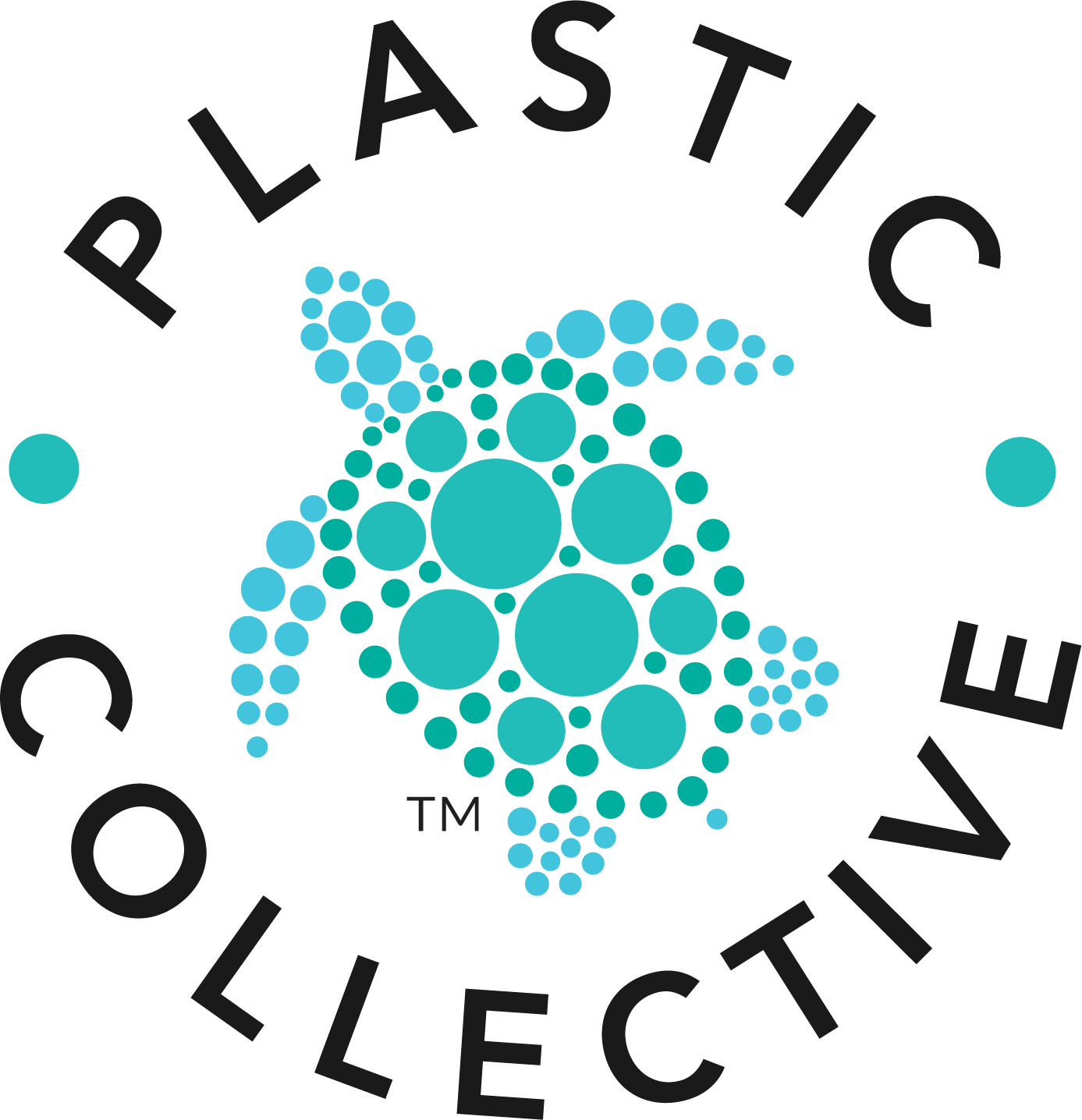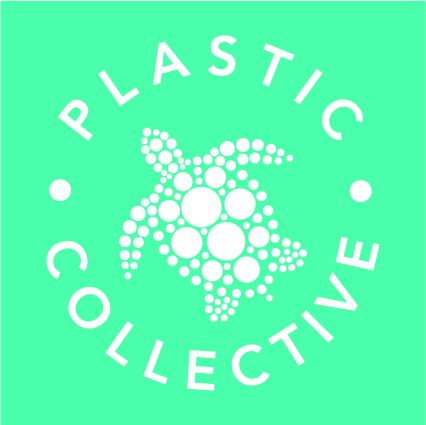Plastic or Carbon Neutral? We say Both!
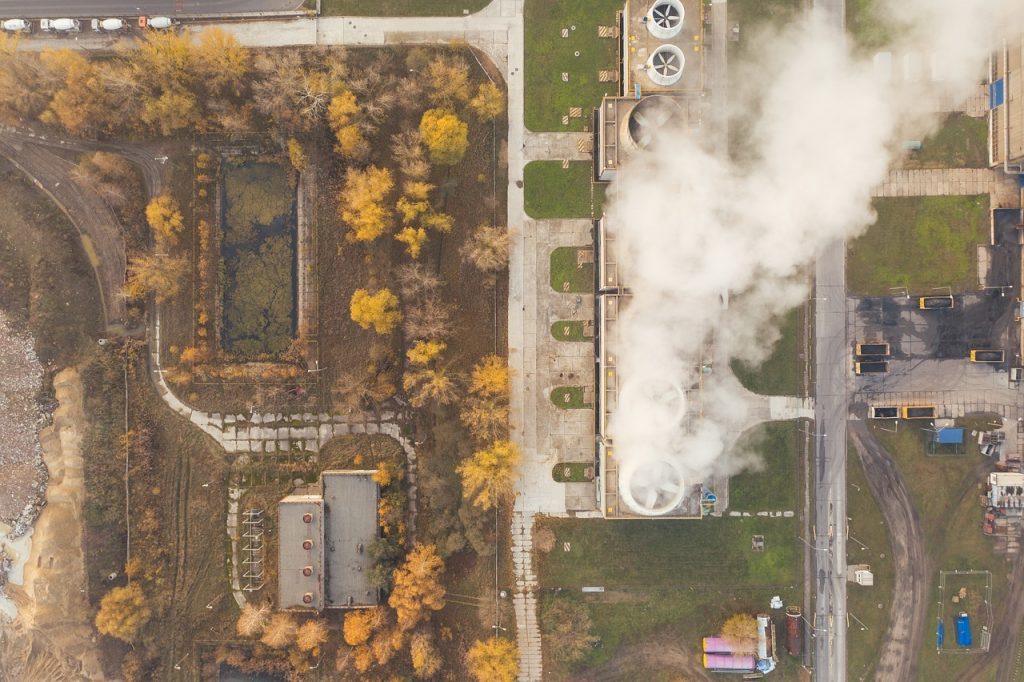
Next Generation Plastic/Carbon Combo Credits
Creating a Circular Economy
Businesses and investors are lining up to commit to plastic neutral and net zero carbon targets. A perfect storm of concerned consumers with government legislation and non-profit pressures are driving such pledges.
To reach systemic change, corporates are increasingly expected to adopt circular economy business models that:
- Design out waste — (refuse and reduce)
- Extend the lifespan of products and materials (reuse, refurbish and repurpose)
- Shift to renewable sources (regenerate)
In simple terms, industry must mimic nature’s business, planet earth, where everything produced is healthy food for something else in a continuous cycle.
The Role of Holistic Credits
Industry is not nimble enough to become circular overnight. This is where plastic credits and carbon credits play a role. Plastic credits, circa 2017, are similar to conventional carbon credits. As a market-based approach, plastic credits reduce plastic pollution at scale by investing a credit buyer’s funds in credible plastic collection and recycling projects (see Figure 1). The buyer then publicly claims they have offset a quantity of plastic they use or produce. For plastic used in the medical and food industries to ensure health and safety, credits allow brands to reduce the negative impacts of legally unavoidable plastic.
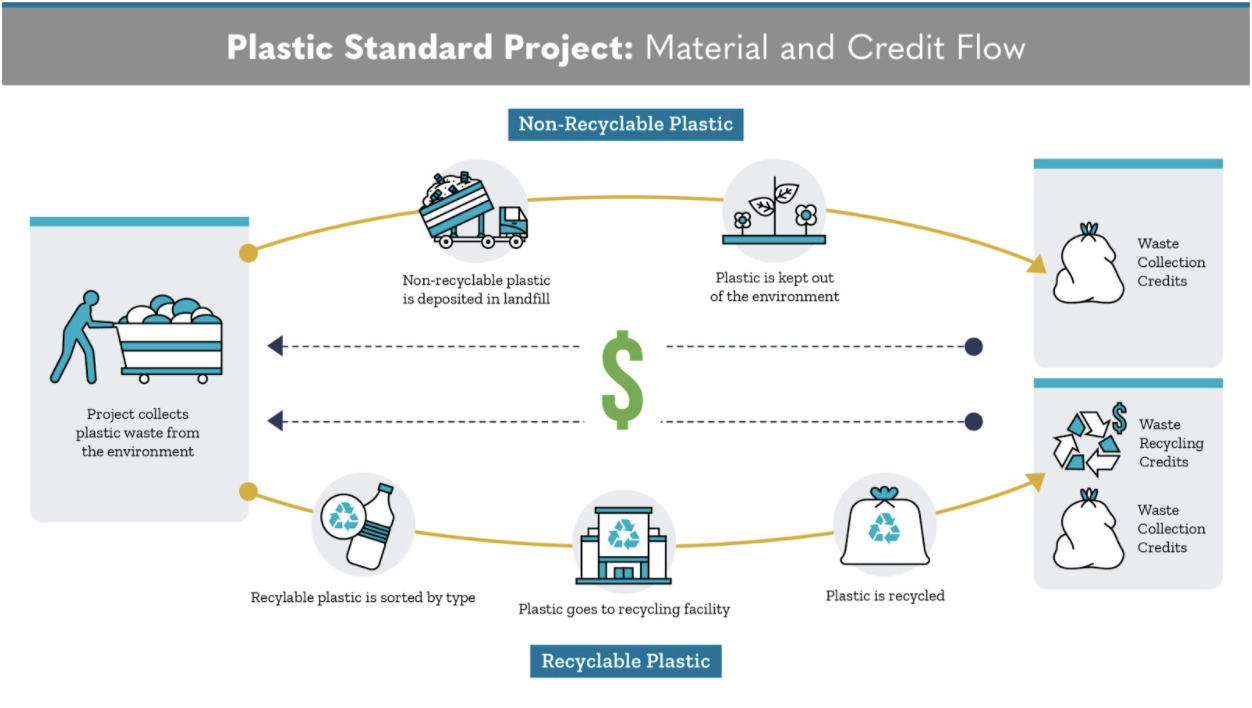
Figure 1. Material and Credit Flow for a Plastic Crediting Pathway
In addition to purchasing plastic credits that create a supply of recycled content, businesses are buying recycled plastic material to use in their products, which boosts demand. According to a 2018 life cycle assessment, recycled plastic production consumes less energy and has a lower carbon footprint compared to virgin plastic. Europe’s Plastic Tax and upcoming Carbon Tax have corporates scrambling for solutions to respond to regulatory pressures, which erode their bottom line, and to achieve sustainability pledges. Why then are a vast majority of plastic reduction programs, including plastic footprint accounting, ignoring the plastic-carbon link? The methodology to do so does not exist.
Bridging this climate gap is essential to ensure holistic impact is achieved at scale. The number of businesses sourcing recycled plastic material from Asia, and shipping it to European and North American markets, is fuelling this carbon footprint. In contrast, plastic collection and recycling avoid greenhouse gas emissions from significant sources like ocean plastic degradation, incineration, and landfills. Given that our “house” is on fire, we must understand how our well-intentioned activities measure up.
A Call for Collaboration through Calculation
We at Plastic Collective plan to take two steps to ensure plastic reduction projects are contributing to carbon net zero goals.
1. While research confirms that producing recycled plastic offers carbon savings, we intend to create a methodology that quantifies the emissions brands evade by using recycled plastic material in their products, including the shipping footprint. This can support brands in achieving their joint plastic and carbon neutral goals, which then steers society towards a circular economy.
2. As the first social enterprise to offer the world plastic credits, Plastic Collective also wants to pioneer a dual Plastic-Carbon Combo Credit. As the name implies, such credits would allow buyers to neutralize both carbon and plastic through community projects that generate these co-benefits. Competition has always improved products and sped up results. For that reason, our common future, we invite #PlasticBank, #rePurpose, #PlasticCreditExchange, and others to beat us to the finish line.
We have left the age of competitive advantage for the few, for the advantages that collaboration can provide for all. Our team at Plastic Collective is eager to take these actions in collaboration with purpose driven brands, governments, and NGOs open to co-creation. For those ready to develop the next generation of Plastic-Carbon Combo Credits and holistically address impact, meet us at the drawing board.
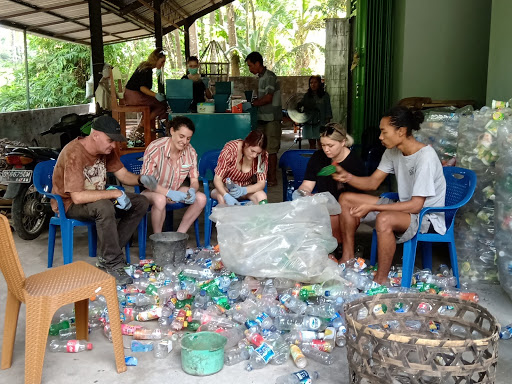
Figure 2. Mantanani Island Project collecting and sorting discarded plastic, equivalent to a company’s plastic footprint.
Learn More?
Tess Zinnes, Sustainability Manager (EPR and Credits) at Plastic Collective: tess@plasticcollective.co
